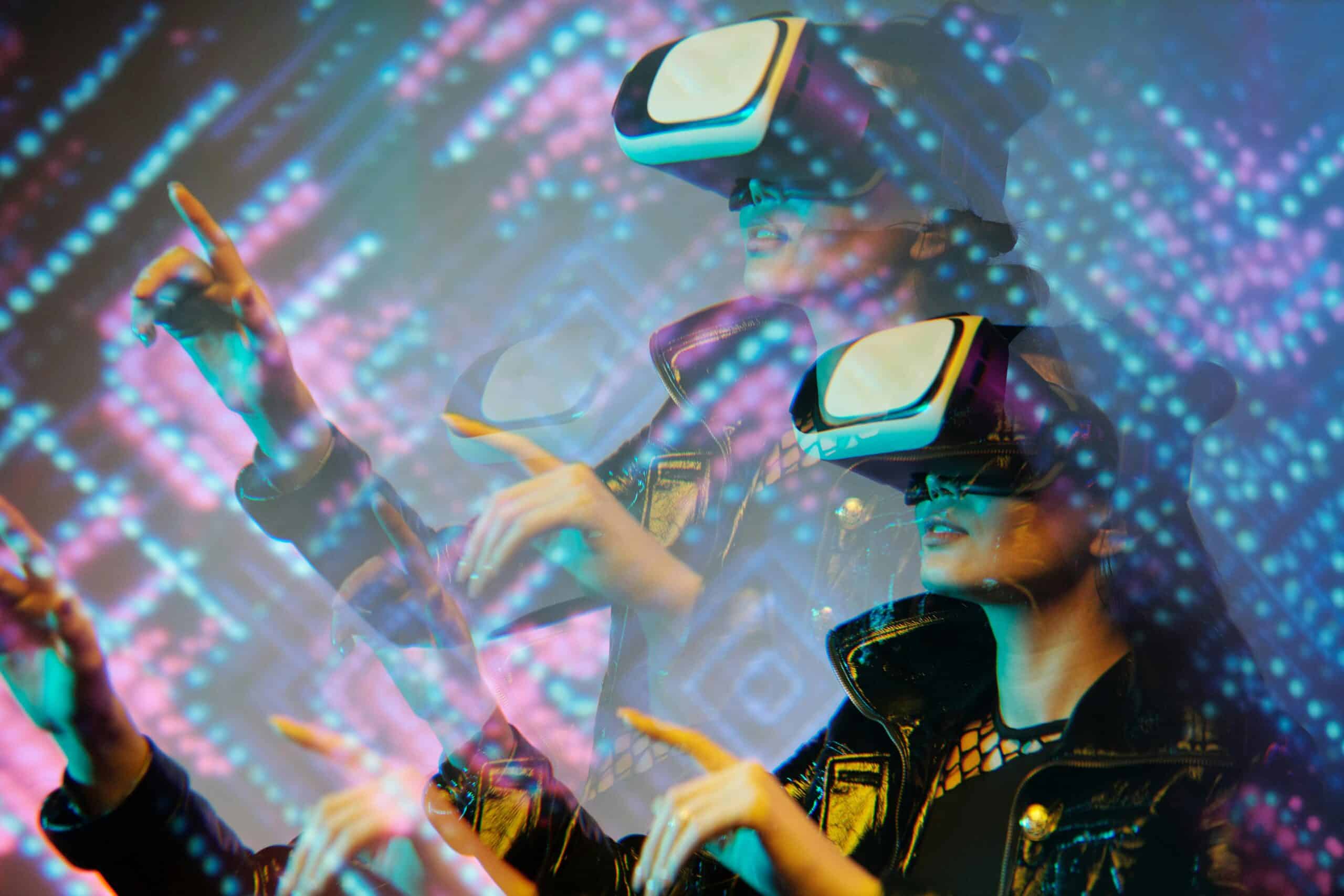The e-commerce industry is on the cusp of a technological transformation—one that promises to reshape how consumers interact with brands and products. With the rise of virtual reality (VR) and augmented reality (AR) technologies, online shopping is moving beyond clicks and scrolls into immersive, emotionally resonant experiences.
For brands looking to stand out in crowded marketplaces, VR offers something traditional e-commerce can’t: the ability to create three-dimensional, personalized, and sensory-rich shopping journeys. Combined with experiential marketing tactics and strategic content placement, virtual environments allow consumers to connect with products as if they were in a physical store—without ever leaving their homes.
In this blog, we explore how virtual and augmented reality are transforming the future of e-commerce, the role of experiential marketing in driving conversions and loyalty, and how Towerhouse Global can help brands bring these futuristic shopping experiences to life—whether online or through hybrid live events.
The Rise of Immersive Commerce
Online retail has long focused on convenience—one-click checkouts, fast shipping, and mobile access. But the next frontier is about connection and experience.
Enter Virtual Reality
With VR, customers can:
- Walk through a virtual storefront
- Interact with 3D-rendered products
- Try on clothes using avatars and digital mirrors
- Visualize how a couch fits in their living room or a bike feels in motion
This goes beyond product display—it’s product simulation. Users aren’t just looking at an item; they’re stepping into a world where they feel it.
Augmented Reality (AR): Bridging Physical and Digital
AR, a cousin of VR, overlays digital visuals onto the real world. You’ve likely seen AR used in:
- Try-before-you-buy makeup filters
- Virtual furniture placement via smartphone cameras
- Sneaker fit visualizations and 360º views of apparel
These features are already becoming standard on e-commerce platforms like Amazon, Sephora, and IKEA—and the next five years will see them evolve from novelty to necessity.
Benefits of VR/AR in E-Commerce
The shift toward virtual commerce isn’t just for show. It drives measurable results across the entire customer journey.
1. Increased Engagement Time
Shoppers spend longer in immersive environments. Instead of browsing for seconds, they explore for minutes—boosting exposure and conversion rates.
2. Reduced Return Rates
Product returns are a major pain point in e-commerce. With AR/VR, customers gain better insights into fit, size, color, and function—reducing buyer uncertainty and post-purchase dissatisfaction.
3. Higher Emotional Connection
Immersive experiences lead to deeper emotional responses. Shoppers remember brands that let them “feel” a product rather than just see it.
4. Personalization at Scale
Virtual environments can adapt in real time to shopper behavior, offering tailored recommendations, layouts, and product bundles—creating a sense of curation.
Experiential Marketing Meets E-Commerce
What does all this mean for experiential marketing?
Traditionally tied to live, in-person brand experiences, experiential marketing is evolving alongside AR and VR. In the e-commerce world, this means:
- Virtual pop-up stores hosted in the metaverse or on custom brand platforms
- Interactive product launches where users “attend” a 3D showcase
- Gamified loyalty programs where points are earned through exploration and interaction
- Shoppable VR events, such as fashion shows or home expos, where viewers can buy directly from the environment
These digital experiences don’t replace real-life interactions—they complement them. For example, a brand might host a live in-person activation (like a sneaker drop) and simultaneously launch a virtual version for global audiences.
Live Event Production in a Virtual World
Virtual commerce doesn’t mean the end of physical experience. Instead, it introduces a hybrid opportunity—where digital enhancements enrich live events, and vice versa.
Brands are now:
- Streaming real-world events into VR worlds
- Hosting simultaneous live and digital product reveals
- Using AR activations at trade shows that lead back to e-commerce platforms
This kind of integration requires careful orchestration—blending creative storytelling with flawless execution.
How Towerhouse Global Can Help
At Towerhouse Global, we specialize in producing experiential marketing campaigns and live event production that merge the physical and digital seamlessly. As e-commerce enters the VR and AR space, we’re helping forward-thinking brands create immersive customer journeys that drive results.
Here’s how we support your transition into immersive e-commerce:
Creative Concepting
We develop interactive concepts that align with your brand’s voice, product goals, and audience behavior—designed for both virtual and hybrid platforms.
Full-Scale Production
From building VR shopping environments to developing AR in-store activations, our team can design, build, and launch your experiential assets.
Platform Integration
We help you choose the right platforms—whether that’s WebAR for mobile, Meta’s Horizon Worlds, custom Shopify integrations, or branded metaverse environments.
Global Engagement
Through immersive content and digital event strategy, we bring your e-commerce brand to international markets without the logistics of physical expansion.
Data-Driven Optimization
All immersive campaigns are measurable. We track interaction metrics, heatmaps, conversion pathways, and dwell time to fine-tune your ROI.
Looking Ahead: The New Normal
As Gen Z and Gen Alpha continue to mature into major consumer demographics, expectations for shopping will shift dramatically. These audiences don’t distinguish between digital and physical worlds—they expect everything to be connected, social, and immersive.
For e-commerce to keep pace, brands will need to invest in AR-powered apps, VR-enabled flagship stores, and integrated experiential marketing strategies that go beyond “add to cart.”
Conclusion: The Future Is (Virtually) Here
Virtual reality is not just changing how consumers shop—it’s redefining what e-commerce is. With the integration of augmented reality, immersive content, and brand storytelling, online shopping will become a fully sensory, emotional, and shareable experience.
Brands that embrace this shift now will lead tomorrow’s digital storefronts—while those who don’t risk being left behind.
📩 Let Towerhouse Global help you create immersive experiences that turn browsers into believers. Whether you’re launching a virtual product line, producing a hybrid event, or reimagining your e-commerce journey through AR/VR—Towerhouse is your partner in building the future of shopping.



